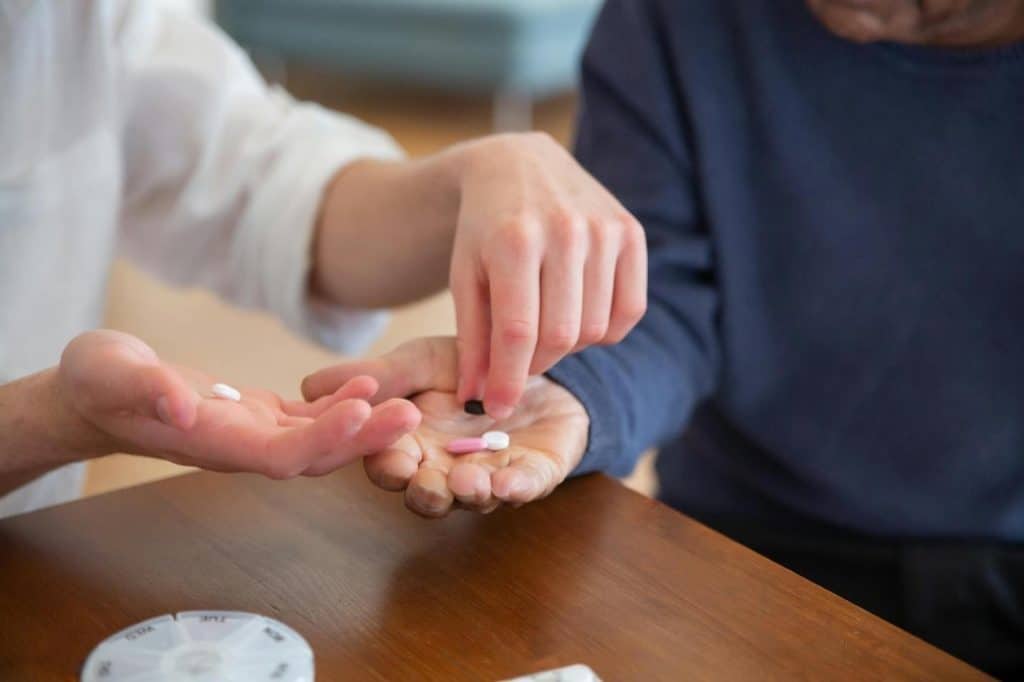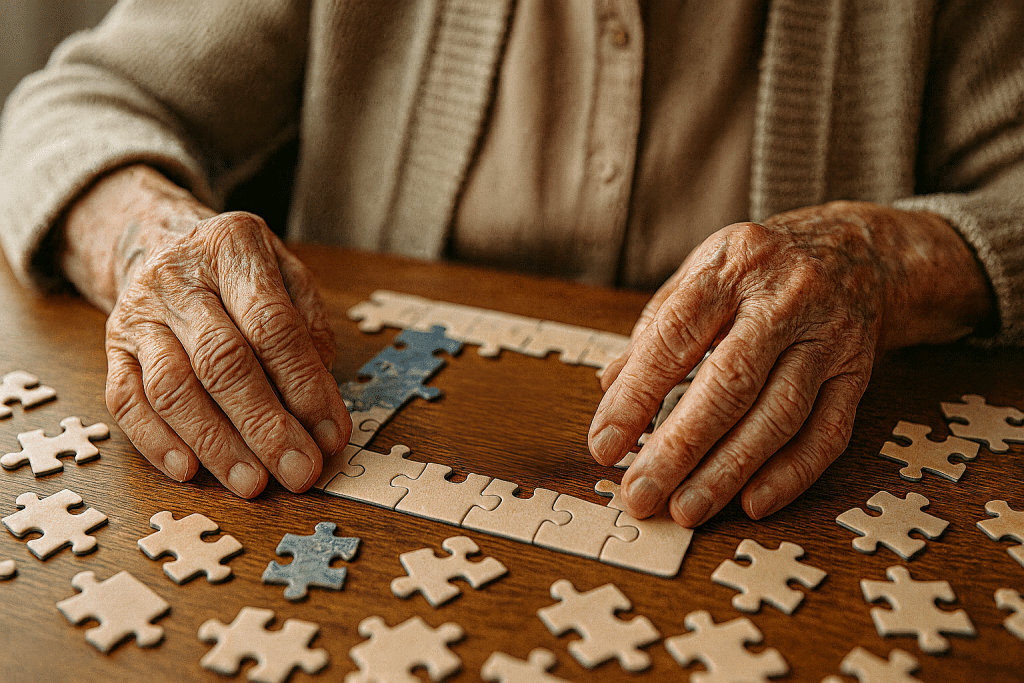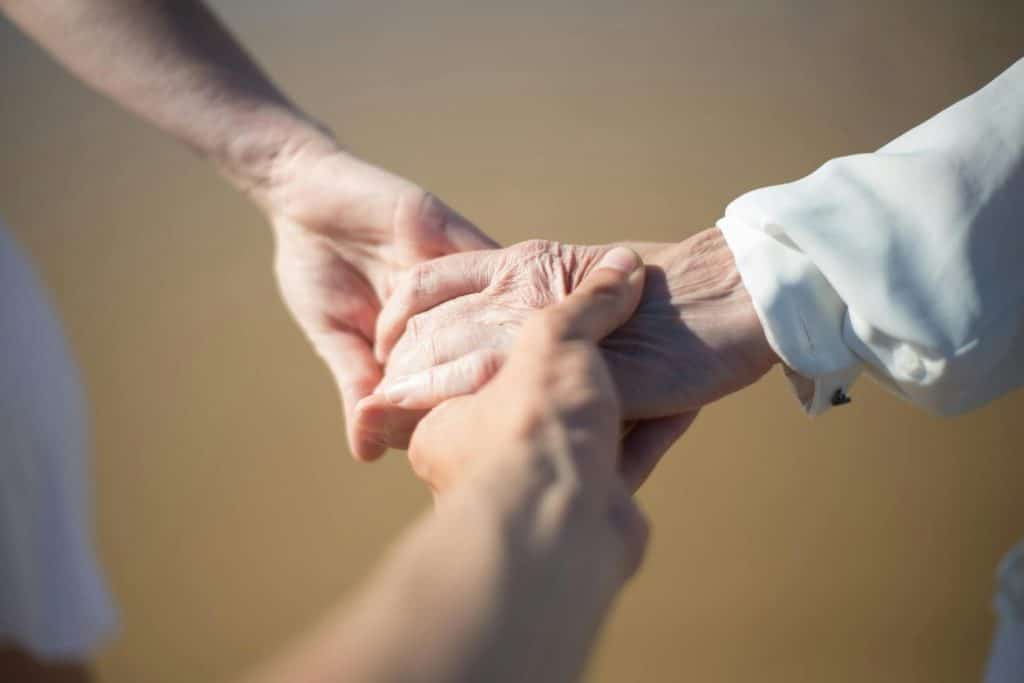As we age, our bodies and minds undergo significant changes. For many, these changes can be accompanied by feelings of insecurity, confusion, or anxiety. In a scenario where emotional stability and overall well-being are priorities, maintaining simple daily routines is essential.
Routine as an emotional anchor
Routines are much more than mere habits: they are structures that offer predictability, security, and control—three fundamental elements for psychological well-being, especially in old age. Studies in the field of aging psychology indicate that the predictability offered by routines reduces anxiety and can improve mood in older adults.
According to a study published in the journal Gerontology & Geriatric Medicine (2020), older adults who maintain stable daily routines have a lower prevalence of depressive symptoms and report higher levels of life satisfaction. The explanation is simple: knowing what to expect at each stage of the day helps the brain reduce the cognitive load associated with constant decision-making, creating a more peaceful internal environment.
Benefits of routines for physical and mental health
Routines, even when simple, can have a profound impact:
- Reduced anxiety: Predictability in meal times, personal hygiene, or leisure time reduces feelings of chaos and helps regulate mood.
- Improved sleep: Having regular bedtimes and wake-up times contributes to a more balanced circadian rhythm, which is essential for sleep health, which is often compromised in the elderly.
- Promoting autonomy: Even with some level of dependence, maintaining routines with tasks adapted to the person’s capabilities reinforces the feeling of usefulness and independence.
- Facilitating care: For caregivers and family members, a well-established routine allows for better organization of support and anticipation of potential difficulties, promoting more effective and less stressful care.
The role of caregivers in creating and maintaining routines
At Hands Care – Apoio Domiciliário, we recognize the importance of respecting and promoting personalized routines, tailored to each person’s life story, preferences, and needs. Our caregivers are guided to integrate existing routines or create new ones in a progressive and empathetic way, helping to maintain our clients’ emotional balance and well-being.
Small gestures, such as maintaining mealtimes, encouraging daily hygiene, organizing meaningful activities (such as listening to music, reading, or taking short walks), and ensuring a good night’s sleep, can make all the difference.
Conclusion
Establishing and maintaining simple routines is a highly effective care strategy, especially in aging contexts. Far from being rigid or limiting, routine offers emotional freedom, comfort, and stability. It’s a practical and accessible form of care — promoting not only mental health but also the dignity and quality of life of our elderly.
If you would like to learn more about how Hands Care can help you create a personalized care plan focused on your loved one’s needs, please contact us through our form or by phone.



